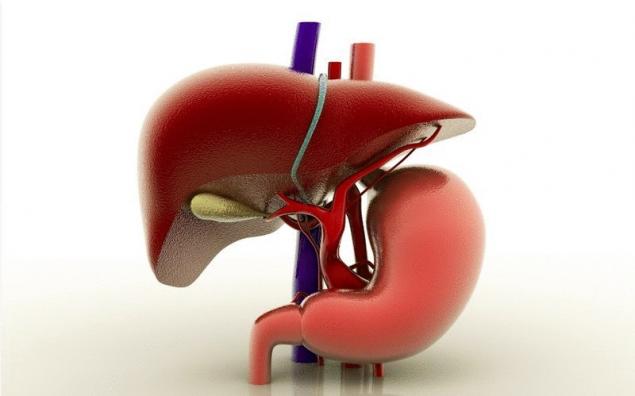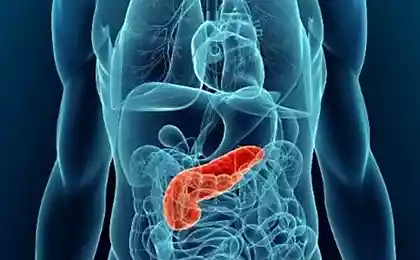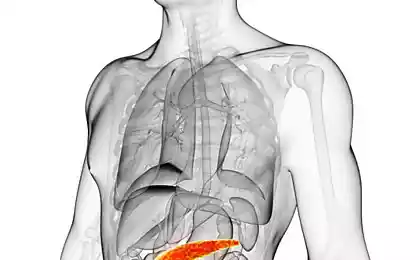399
Why certain drugs cause pancreatitis

Researchers at the University of Exeter found that patients with a particular genetic variation have a four times higher risk for the development of pancreatitis when taking certain medications.
Doctors found that 17 percent of patients who have two copies of a certain genetic marker have a high probability of getting pancreatitis if they are prescribed thiopurine. Drugs: azathioprine and mercaptopurine, are some of the most effective and most commonly used drugs to suppress the immune system in the treatment of inflammatory bowel disease (IBD), rheumatoid arthritis and after some organ transplants.
It is known that about four percent of patients assigned these drugs for IBD earn pancreatitis, inflammation of the pancreas that can be fatal. But in the new study, doctors identified the group of patients whose genetic variation means that they are more than four times likely to develop this condition with the introduction of these drugs.
Dr Graham Heap: "Now we can theoretically determine which patients may be at increased risk of developing pancreatitis. We hope that this test will form a set of criteria, based on DNA, to assess other important side effects of these drugs such as liver damage or white blood cells. Then we can use this to determine risk groups of patients and, ultimately, save lives."
Source: nauka24news.ru/
How to Lose Weight in Autumn – Rating of Antidepressive Diets
Attic at the cottage. Photos for inspiration























